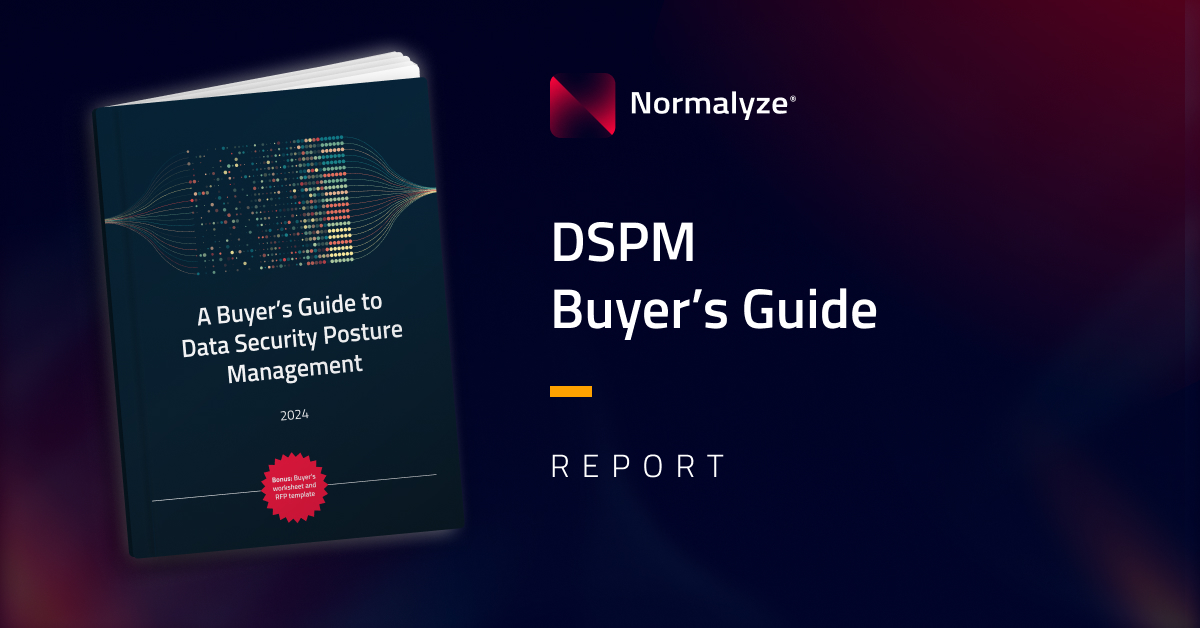This core belief is evident in Normalyze’s patented proprietary risk detection mechanism that combines assessment of resource configuration, data access & privilege policies, with classification of data to provide a holistic and accurate view of risk to sensitive data.
Up to now customers have been able to view access & privileges at an individual data store level. The newly released access governance capabilities extend this to provide a broader view.
Comprehensive inventory of all identities and their access privileges
Normalyze now builds an inventory of all identities – users, roles – across all of your cloud accounts that you can see in a single view. The Normalyze Platform reads and parses the IAM configuration data and policies from each cloud service provider, resulting in a complete inventory. This inventory is continuously monitored and automatically updated without any user intervention.
For all discovered identities (users, roles), customers are now able to quickly answer questions such as:
- What privileges does user A/role B have to data store D?
- When was the last time user A/role B accessed any cloud data?
- Which data store with sensitive data has the largest number of users/roles accessing it?
- Who is the user with access to the largest number of sensitive data stores?
- Which role is granting access to the most number of sensitive data stores?
- Which users and roles have over-permissioned access, also known shadow access?
- Which user has the most dormant privileges to sensitive data stores?
- Which role is unused and potentially removable?
Continuous & automated audit
In conversations with security teams, a common problem that comes up is the need to continuously audit access & privilege configuration around sensitive data and gather evidence to share with external auditors to prove compliance.
In a typical scenario, the auditor is looking for documentation of who has access to what data, especially for sensitive data. They may want to know that sensitive data is locked down to specific users, or that specific users don’t have access to certain sensitive data. Today, many security teams spend weeks in preparation for an external audit and do a huge amount of manual work to gather evidence for auditors.
Normalyze does this hard work for customers automatically and continuously audits the access & privileges associated with data stores as well as other cloud resources. The key is that it’s automated, and Normalyze always gives you the current state. If an auditor asks who has access to specific data (PII or PCI), you just download the access report either at the individual data store level or across all your data stores.
By removing the manual effort from these audit reports, Normalyze enables security teams with comprehensive data access governance at all times, not just during audits.
